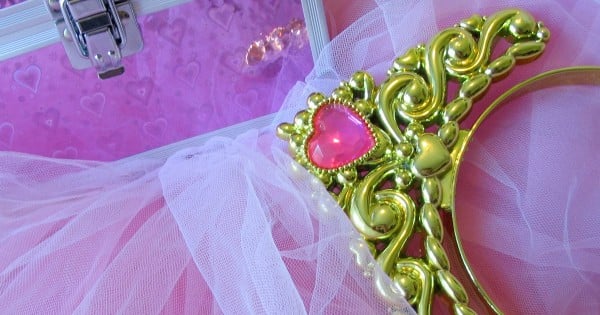
Recently my 6-year-old daughter came home from school and said something that surprised me.
“Mummy,” she said, “I’m kind of like a boy because I’m active. I like to run and play sports, so I’m a tomboy.”
I found myself growing unexpectedly defensive. “You’re not a tomboy,” I replied. “You’re a girl who likes sports… and princesses, and science camp, and fashion, and anything you want to. You don’t have to be a boy to like sports, just like you don’t have to be a girl to like dolls. Girls can like anything they want to. There’s no such thing as a tomboy.”
My daughter nodded and began jumping on my bed.
I wasn’t sure why I was so worked up about this seemingly innocent term. After all, I’d been guilty of using the label “tomboy” too; in fact, I was pretty sure I had once described my athletic niece as such. But that was before I knew better.
Before, at age 4, my daughter was nervous to wear her new Teenage Mutant Ninja Turtles backpack — despite her nightly dances around the living room, bellowing out the theme song — because she worried the other kids would tease her for wearing a “boy” backpack.
Before she came home upset, because that’s exactly what happened.
Before, at age 5, she informed me that boys are faster and better at sports than girls — even though she could outrun many of her male counterparts and was even starting to outpace her father on occasion.





























































































